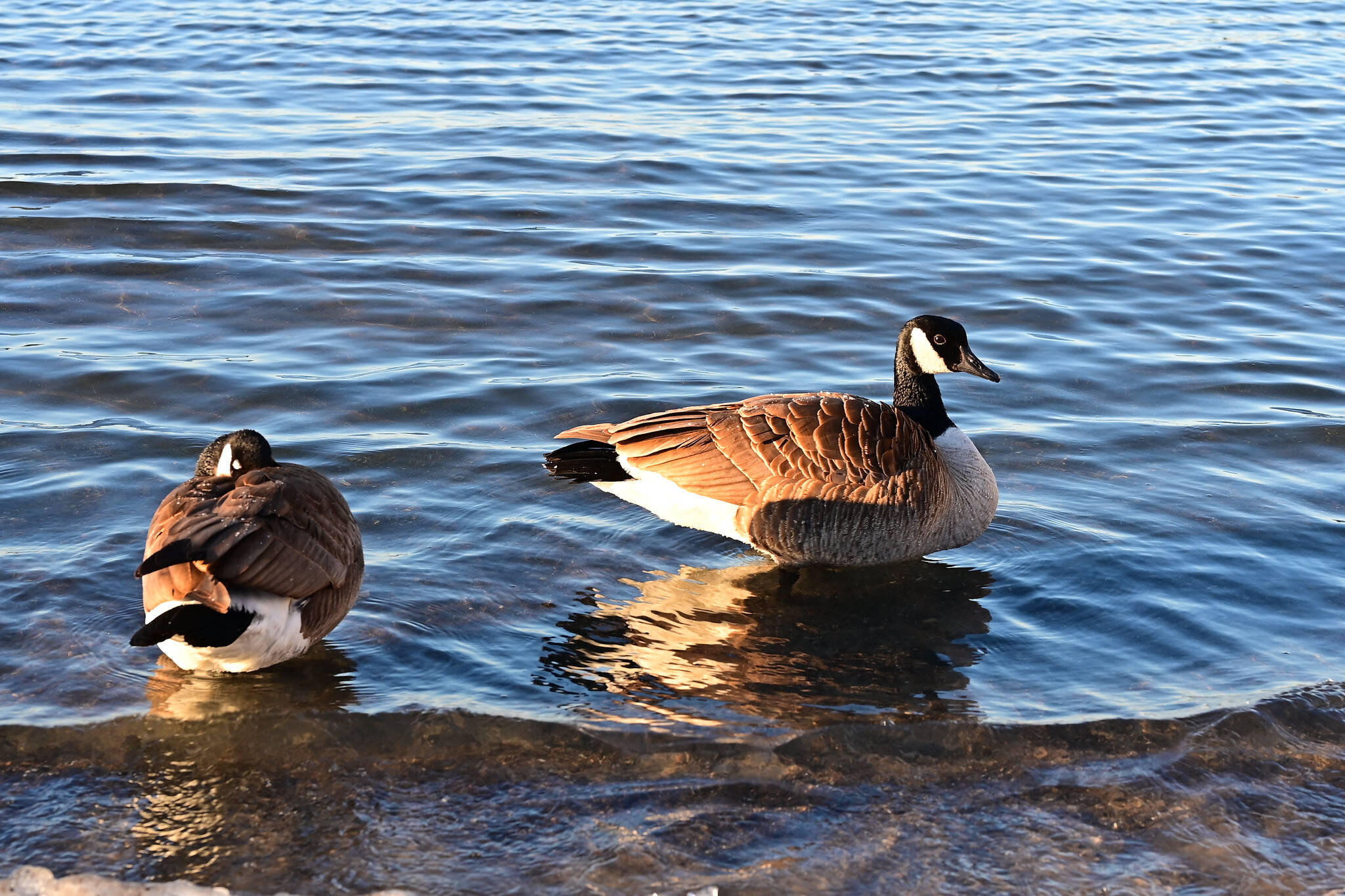
Avian flu has officially arrived in the Toronto area and people are worried
Reports of dead and dying birds in Toronto suburbs and elsewhere in Ontario have been positively identified as cases of Avian Influenza (bird flu, or H5N1), confirming fears circulating around the region since early March.
The City of Brampton issued a press release on Tuesday morning confirming that "previously reported deceased waterfowl found in the areas of Professor's Lake and Duncan Valley Foster South have tested positive for Avian Influenza."
Specimens of deceased birds were collected and sent to the Canadian Wildlife Health Cooperative (CWHC), where the highly pathogenic H5N1 was confirmed as the cause of death.
Brampton's cases are just the latest in a string of reports, following the Canadian Food Inspection Agency's discovery of avian flu at a commercial poultry farm in Chatham-Kent on March 10, and again in the Township of West Lincoln, southeast of Hamilton, just four days later.
Canada - Ontario: The Town of Newmarket confirmed that dead geese found by locals were likely affected by avian flu. https://t.co/SGrvStXjZb h/t Shiloh
— FluTrackers.com (@FluTrackers) March 17, 2023
Bird flu is highly contagious, though it is extremely rare for this virus to spread from bird species to humans. In its release, Brampton officials assured the public that "there are no indicators of increasing risk to the general public at this time."
While the prospect of another epidemic affecting humans on our doorstep can't be ruled out entirely, the biggest threat posed by an H5N1 outbreak is, as the name Avian Influenza clearly suggests, to the health of bird populations.
The Toronto Zoo took extreme precautions by closing its aviary and limiting public access to bird exhibits at the first signs of an outbreak.
Your Toronto Zoo continues to put the health and safety of our animals as a top priority. As a result of a recent confirmation of Avian influenza (flu) in a commercial poultry farm within 200km of the Zoo, we are required to take precautions to protect the birds in our care. pic.twitter.com/BQj1aD14mV
— The Toronto Zoo (@TheTorontoZoo) March 15, 2023
It has also done so in the past for previous outbreaks.
Effective tomorrow (March 16th):
— The Toronto Zoo (@TheTorontoZoo) March 15, 2023
🐦The walk-through bird aviaries in the pavilions will be closed to guests or significantly modified to protect the birds.
🐦Guests will be re-directed in pavilions
🐦Behind-the-scenes tours of animal food prep and bird housing areas are suspended pic.twitter.com/sDSfsEqYoW
But that doesn't mean precautions shouldn't be taken for non-avian species, like people and their pets. Mammals scavenging dead birds — including household pets — are at increased risk.
The City of Brampton advises the public to keep animals away from any waterfowl or fecal matter, not to feed or interact with waterfowl, keep cats indoors and dogs on a leash, and not to feed them raw poultry meat.
Anyone with pet birds should take extra precautions to keep them indoors at all times, while backyard bird feeders should be removed entirely, or at the very least, frequently decontaminated with soap and water.
So basically, it's currently just lockdown for birds and outdoor cats, but there are still risks posed to humans — especially those who work around live birds or raw poultry.
There may be a low risk of bird-to-human infection, however, according to the U.S. CDC, "no known human-to-human spread has occurred with the A(H5N1) virus that is currently circulating in birds in the United States and globally."
Latest Videos
Latest Videos
Join the conversation Load comments







